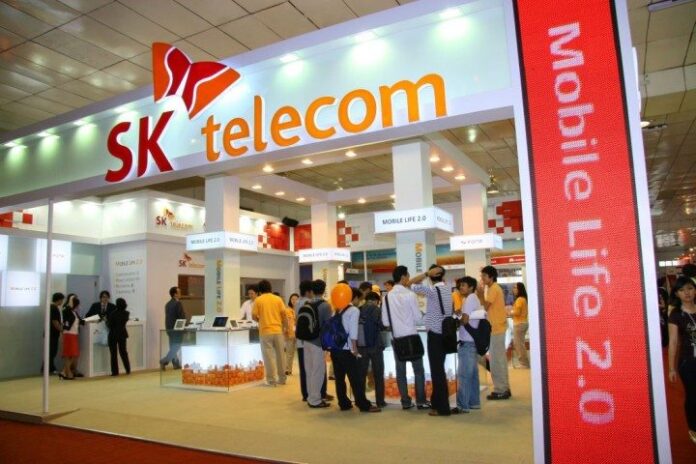SK Telecom posted Q1 growth highlighting continued growth among LTE and smartphone users, with planned focus on IoT expansion
SK Telecom said it added 295,000 mobile customers during the first quarter, pushing its total customer base to 28.92 million subscribers. LTE customers numbered 19.52 million at the end of the quarter, which was an 11.9% increase compared with the year-ago period, while 20.98 million customers were using smartphones, climbing 6.2% year-on-year.
SK Telecom launched LTE service in July 2011, commercialized 150-megabit per second updates in June 2013, and 225-Mbps LTE-Advanced services in June 2014 through carrier aggregation. The telco more recently launched 300-Mbps tri-band LTE-A capabilities in mid-2015.
SK Telecom recorded consolidated revenue of KRW 4.22 trillion ($3.69 billion) in the first quarter of 2016, down 0.3% year-on-year. Net profit for the period amounted to KRW 334 billion, compared to KRW 157 billion in Q1 2015. Earnings before interest, taxes, depreciation and amortization totaled KRW 1.15 trillion for the quarter, up 1.7% year-on-year, while capital expenditures for the period totaled KRW 78 billion, compared to KRW 319 billion in Q1 2015.
SK Telecom said it has been focusing on the expansion of its smart home ecosystem that includes its “Internet of Things” platform through work with partners to expand distribution channels. The company also confirmed plans to build an IoT dedicated network and develop new IoT business models through cooperation with small- and medium-sized enterprises and startups.
Subscribe now to get the daily newsletter from RCR Wireless News
“SK Telecom will continue to enhance its competitiveness and profitability through innovative products and services to maximize customer and shareholder value, while achieving a successful transformation into a next-generation platform player to further drive up its enterprise value,” said Hwang Keun-joo, SK Telecom CFO and head of the carrier’s strategy and planning division.
Nokia inks deal to expand Hutchinson 3 Indonesia’s core network
In other APAC news, Nokia Networks and Hutchison 3 Indonesia signed an agreement under which Nokia will expand H3I’s core network to meet increasing mobile data demands in the Indonesian market.
Under terms of the deal, Nokia will supply H3I with packet core technology across a handful of key markets in Indonesia, such as Surabaya, Semarang, Solo and Yogyakarta, which are considered the most densely populated cities in the country.

